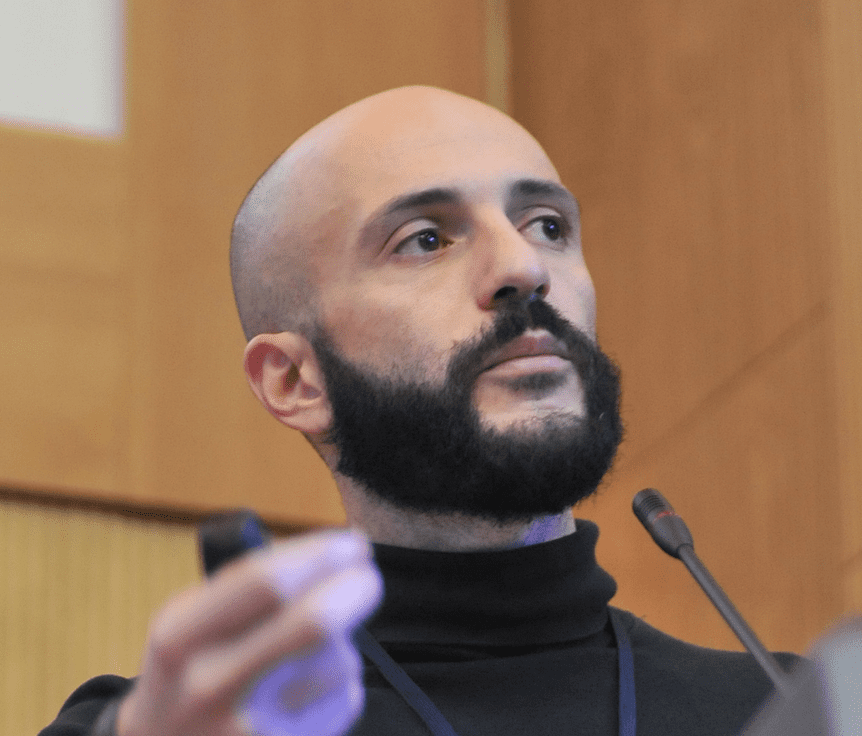Equipe Media
Occupied Western Sahara 15/05/2023
Roberto Cantoni, a respected energy researcher and Beatriu de Pinós Fellow at ICTA-UAB, specializing in energy transition in Africa with a focus on renewable energy, was abruptly forced to leave occupied El Aaiun in Western Sahara during his investigative trip. Cantoni’s expertise lies in Science and Technology Studies (STS) and energy social sciences, with a particular interest in energy and environmental justice, as well as political ecology.
With a PhD in the History of Science and Technology from the University of Manchester, Cantoni has conducted extensive research on coal, shale gas, and solar energy in Europe and Africa. He has made significant contributions to renowned institutions, including SPRU at the University of Sussex, the Center for Development Research at the University of Bonn, and the Department of Social Sciences at the University of Augsburg in Germany.
During his stay in occupied El Aaiun, Cantoni aimed to investigate the energy landscape in the region and its implications for the local population. However, he encountered an unexpected turn of events when two individuals, claiming to represent the occupying authorities, visited him at the Sahariano City Center hotel. They informed Cantoni of his immediate deportation, providing him with only one hour to gather his belongings and leave the occupied territory.
Cantoni was given no explanation for his deportation and was denied the opportunity to contact his embassy or seek legal assistance. He found a taxi waiting for him outside the hotel, which immediately transported him to Agadir ( South of Morocco) .
Cantoni’s deportation aligns with a pattern of denying access to occupied Western Sahara for journalists, observers, and researchers. The occupying authorities have intensified their crackdown on independent reporting within the territory, resulting in the expulsion of numerous journalists and activists.
Cantoni’s deportation serves as a reminder of the occupying authorities’ efforts to suppress dissent and impede independent scrutiny of their activities in occupied Western Sahara. It underscores the importance of upholding the right to freedom of expression and access to information.
Journalists, observers, and researchers who have faced deportation or been denied access to occupied Western Sahara play a crucial role in shedding light on the human rights situation within the territory. Their work ensures that the struggle of the people of Western Sahara for self-determination remains visible and continues to receive the attention it deserves.
